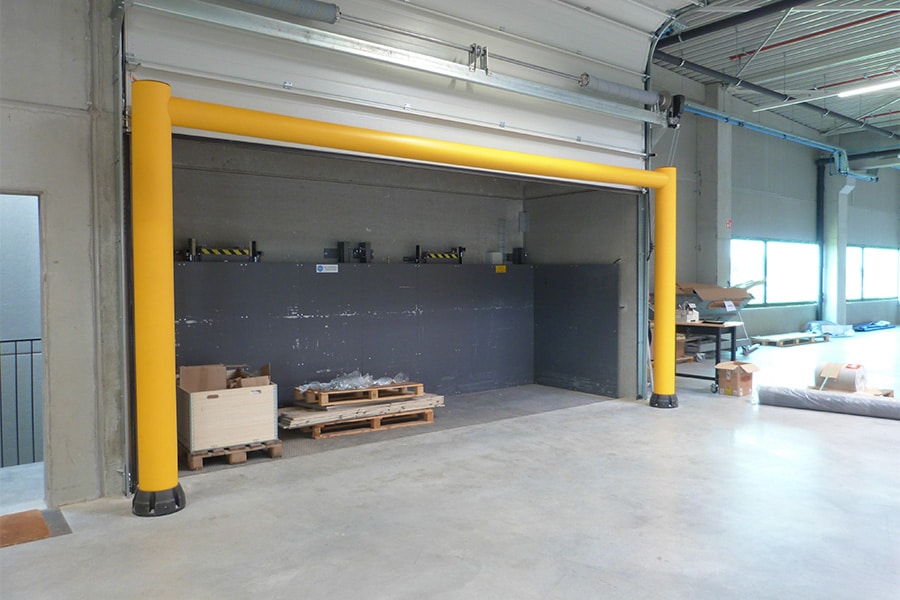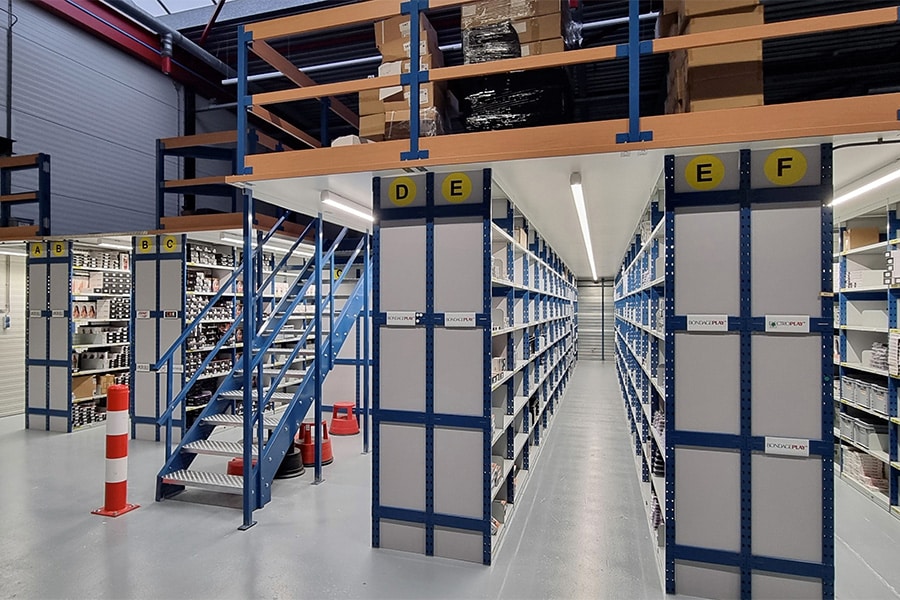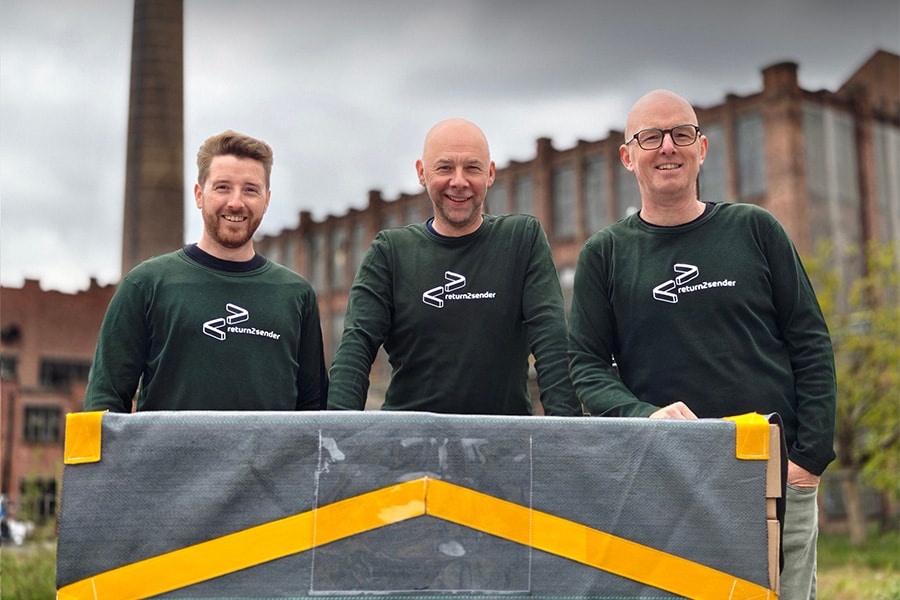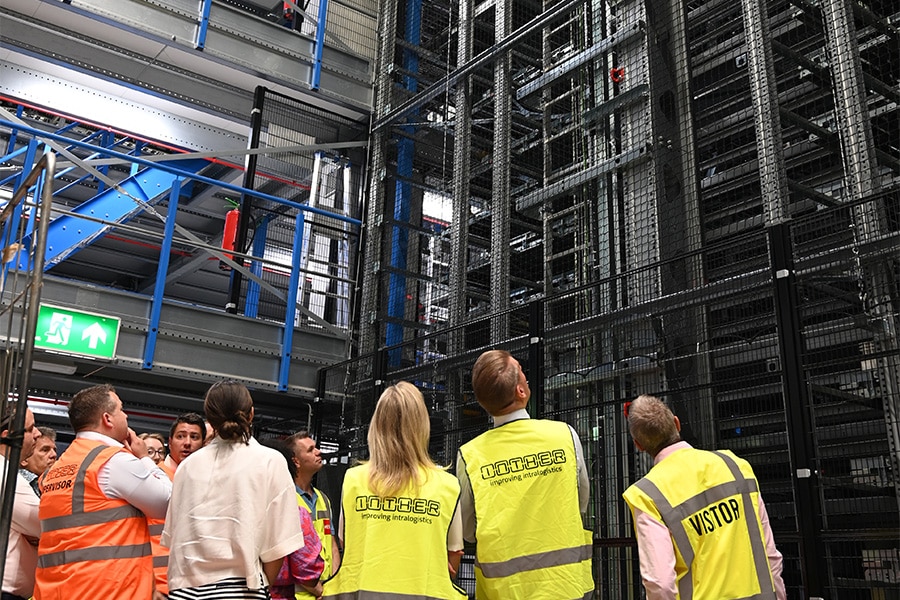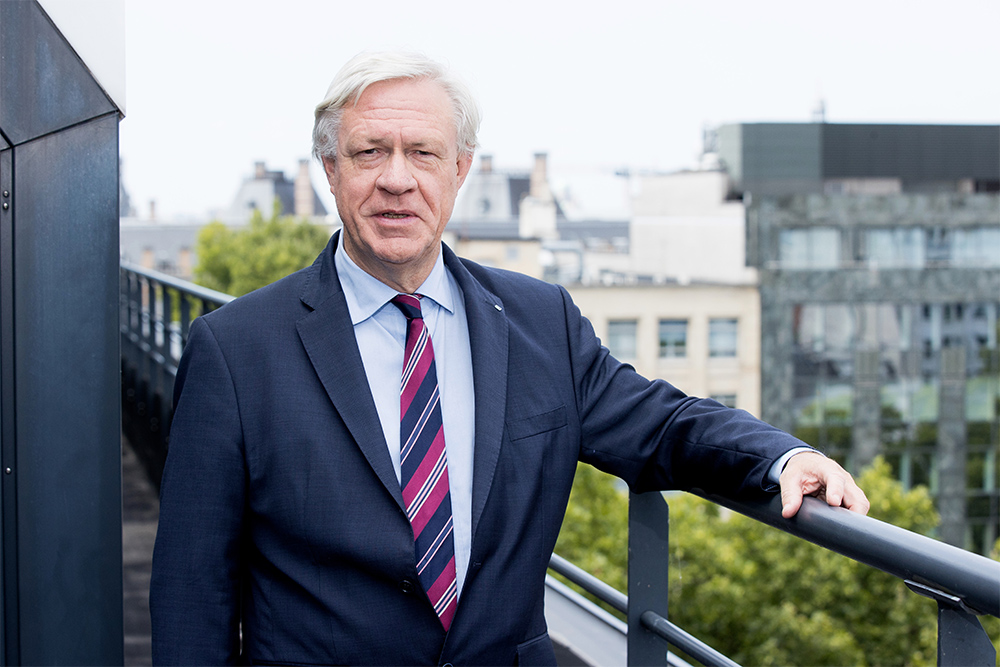
Challenges and opportunities in Belgian industrial construction: interview with Marc Dillen (Embuild Flanders)
2023 was a difficult year for construction in our country. Annual figures from Embuild, the construction industry's most influential trade association with more than 16,000 members, show that overall construction activity in Belgium fell 0.3 percent last year. In industrial construction, Marc Dillen, director general of Embuild Flanders, sees a mixed picture: new construction is taking hits, while renovation projects are on the rise. In his opinion, what are the key challenges and opportunities in non-residential construction and renovation?
Zooming in on the figures from the Embuild Annual Report 2023, we read how non-residential construction in Belgium fell by 3.3 percent, while non-residential renovation rose slightly by 1.6 percent. Interestingly, the number of infrastructure projects in our country increased by 4.7 percent. "Since 2018, the Flemish Omgevingsloket has published annual figures of the number of permit applications submitted for projects in industry and activity," says Marc Dillen. "And what do they show? In 2023, we see a sharp drop in the number of applications, with 1,816 files submitted. This is in stark contrast to the 2,227 and 2,567 applications in 2021 and 2022, respectively."
Resilient sector
Despite these ominous figures, the (industrial) construction sector appears to be resilient and future-proof. The top man of Embuild Flanders indicates that challenges such as sustainable (re)construction, digitalization and automation, compliance and personnel management can be transformed into great opportunities. "From our sector federation, we continue to pull the cart along to tackle impeding factors. For example, we are talking about slow permit procedures, complex administrative management and the lack of available construction space. In our annual report, we listed five priorities per region, with public investments, fossil-free buildings, sufficient construction personnel and smoother permit procedures in the spotlight, among others."
Slow permit procedures
Slow permit procedures are one of the most discussed challenges in the Belgian (industrial) construction sector. No wonder when you consider that a permit process takes two to three years on average. "Year after year, there are more permit applications. The same number of officials must handle an ever-increasing number of permits," Marc Dillen notes. "This bottleneck not only leads to delays in project implementation, but also to higher costs and a worse competitive position for Belgian industrial builders. We urgently need a (digital) simplification of administrative procedures."
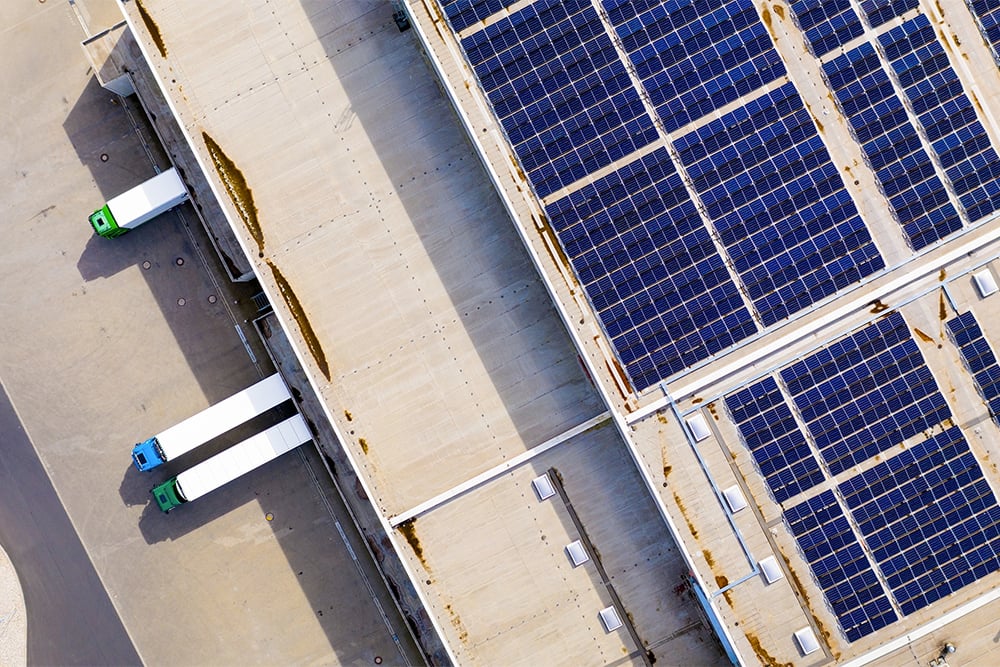
Bottleneck occupations
Complex administrative management at industrial construction sites is a known problem. Marc Dillen: "This includes the coordination of various construction activities, the management of permits and safety regulations, and the maintenance of documentation and reports. Let us focus even more on the digitization of construction processes, the use of modern applications such as BIM and investments in the training and further education of construction personnel." The tightness in the labor market is also a major challenge. "We see the list of bottleneck occupations getting longer every year. That can also make it harder for construction companies to grow," Marc Dillen said. "Our construction companies don't have an easy time finding enough skilled workers. Investing in a strong retention policy, collaborations with education and training institutions and attracting foreign workers are elements that can help here."
Available business space
Another thorny issue in our country is the lack of available public space to build new business premises. Marc Dillen: "Modernly equipped business parks are a crucial element in economic development in our country. Recent Vlaio figures show that 63 percent of business parks in our country have an economic function, while 12 percent are colored as infrastructure. Also striking is that 9 percent of these sites are temporarily unrealizable. From Embuild, one of the things we advocate is more efficient use of existing sites through redevelopment and repurposing. The power of local action groups is often too great, reducing the net available business space."
Strong in sustainable construction
Finally, the top executive of Embuild Flanders refers to the many efforts made by Belgian industrial builders in the field of sustainable (re)construction. "I am thinking here of the advance of circular building solutions, in which project developers calculate how many tons of CO2 released from design to construction. Or still: the advantages of vertical integration, which shortens construction projects and reduces dependence on external suppliers. The focus on sustainability labels - such as BREEAM and LEED, and the GRO certification for Flemish government buildings - is also a trend that is becoming increasingly important."
